How our perceptions of 17th-century England are dominated by the convulsions of the two decades at its centre! Peter Ackroyd’s book, the third of what have been announced as six volumes of his History of England, covers the period from the accession of James I in 1603 to the overthrow of his grandson James II in 1688. His priority is established by his title and by the facing portraits of Charles I and Oliver Cromwell on the front cover. He gives proportionately much more space to the conflicts of 1640–60 than to events on either side of them.
When the reign of James I and the peaceful portion of Charles I’s are placed in the shadow of a revolution which no one foresaw, and which might easily have been avoided, there is the risk that what today’s professional historians call ‘Whig distortion’ will exaggerate the stresses and quarrels of prewar politics and underplay the extent of stability and consensus. To be fair, Ackroyd is no crude Whig. He never takes the side of the parliamentarians or supposes that they were consciously forward-looking. Even so, and though he has ferreted in up-to-date studies of the period, there is a certain dated Whiggishness to his narrative — or rather to the earlier part of it, for he moves quickly over the origins of the revolution of 1688, that second summit of 17th-century Whig historio-graphy.
His account of early Stuart rule will summon classroom memories to elderly readers brought up on Whiggish depictions of constitutional conflict by G.M. Trevelyan and J.R. Tanner. Ackroyd — in the nearest we get to political sociology — takes as gospel R.H. Tawney’s long-superannuated thesis of ‘the rise of the gentry’, which gave new life to the equation of the Roundhead cause with social progress. And in a rare moment of interpretative assessment he maintains, more contentiously than he apparently realises, that the civil war lastingly enhanced the power of Parliament and diminished the Crown’s.
Yet Whiggism is not the argumentative impulse of the book. It does not have one. If Ackroyd’s six volumes are to draw him into any general observations on the pattern or character of English history, there is no hint of them here. All he wants is to tell a story, which in his distinctive way he does very well. A self-taught historian, he wonders at the doings of his nation’s past and invites us to share his engrossment in them. It looks as if he gives so much space to the middle decades of the century, not because of any special significance he attaches to them but because they interest him most. The Whiggism seems less a stance than a consequence of the capacity of conflict to generate livelier stories than consensus.
Few historians can have shown so little interest in causation. Evasive formulae keep the probing reader at bay. ‘It was time to call a parliament’; ‘It was time to summon a new parliament’; ‘It was time to introduce another fair-faced minion’ to James I. Features of the era emerge as if from mists. ‘This was an age of religious polemic’; ‘It was an age of music’; ‘It was in certain respects a time of silence.’ There is a fascination in watching the construction of a narrative that accommodates so little analysis, a harder process than it may sound.
The political story occupies a large part of the book, though the most discerning passages are detours into literary history, which supply vignettes of Bacon or Milton or Bunyan or Restoration comedy. Social and economic history get a look-in too, even if, since their developments tend to cross the boundaries of reigns, Ackroyd has the usual problem of deciding where to fit them in. We might expect a novelist with gifts of social description to have offered more on the texture of society and to have essayed a longer imaginative reach. Yet here, as elsewhere, his perfectly weighted prose seems guarded against excess. The political narrative is artistically handled and remains lucid so long as he keeps to personalities. He struggles when confronting the ideas and concepts of the time and especially with the content and potency of religious beliefs.
Ackroyd aspires to no novelty of insight. To anyone with a fair acquaintance with the period, his account will seem familiar to the point of predictability. It settles on the usual colourful moments, from the inevitable opening passage where a courtier rides furiously up the Great North Road towards Holyrood to bring the news of Queen Elizabeth’s death to her successor. On the other hand if that turbulent century is new to you and you want to know what happened in what order, Ackroyd’s book will serve agreeably. Only don’t expect it to take wing.
Got something to add? Join the discussion and comment below.
Get 10 issues for just $10
Subscribe to The Spectator Australia today for the next 10 magazine issues, plus full online access, for just $10.
Available from the Spectator Bookshop, £17. Tel: 08430 600033. Peter Ackroyd was literary editor in the 1970s.
You might disagree with half of it, but you’ll enjoy reading all of it. Try your first month for free, then just $2 a week for the remainder of your first year.

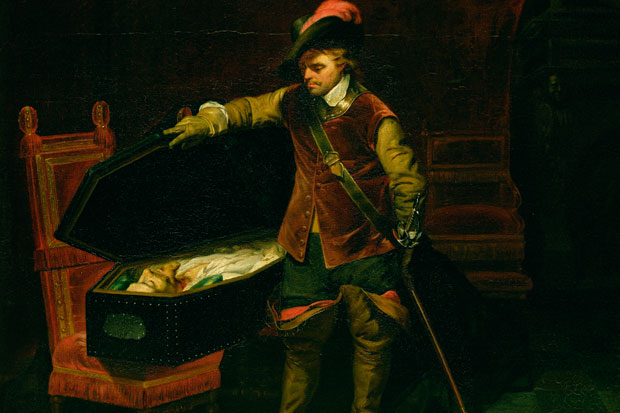
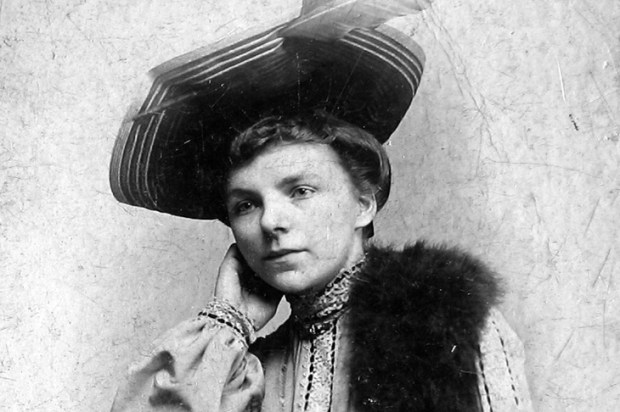

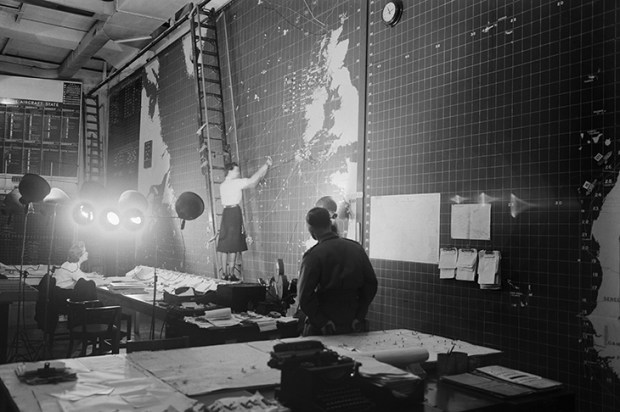
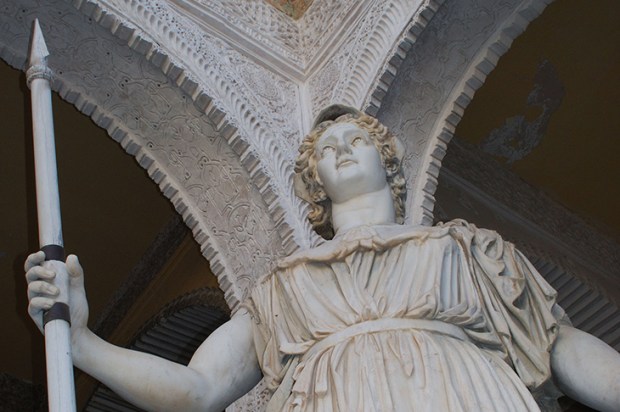
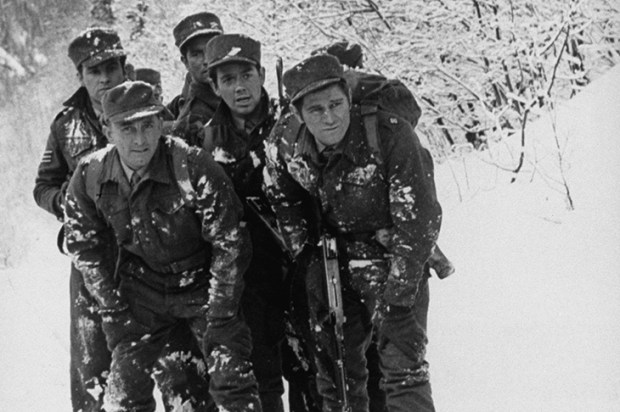
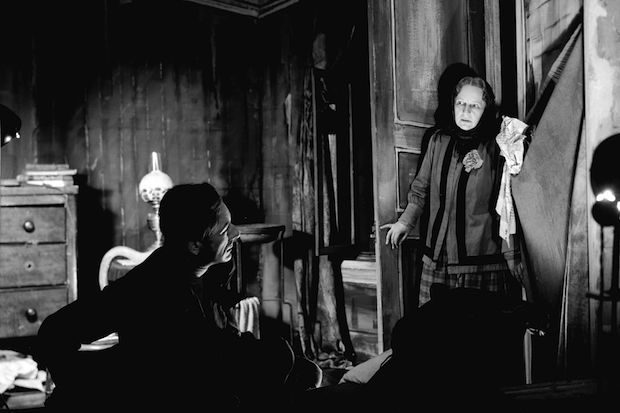






Comments
Don't miss out
Join the conversation with other Spectator Australia readers. Subscribe to leave a comment.
SUBSCRIBEAlready a subscriber? Log in